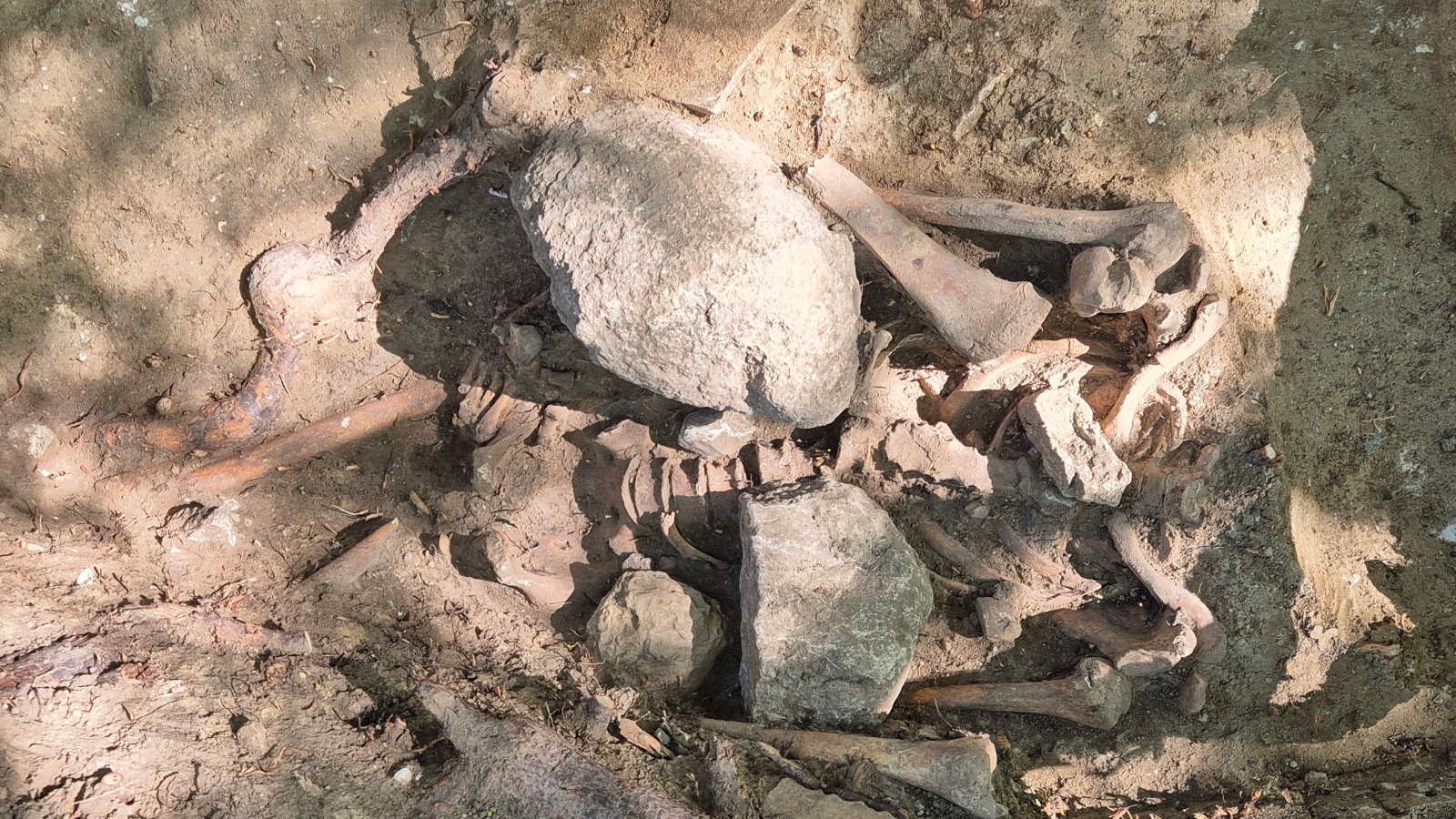Agronomy, Vol. 13, Pages 809: Genomic and Transcriptomic Characterization of Alternaria alternata during Infection
Agronomy doi: 10.3390/agronomy13030809
Authors: Yunpeng Gai Qichen Niu Jinchao Kong Lei Li Xingxing Liang Yuwei Cao Xianqi Zhou Xuepeng Sun Haijie Ma Mingshuang Wang Neeraj Shrivastava Hongye Li Chen Jiao
Host-pathogen interactions are the result of the continuously evolving dynamics of the genomic interphases between pathogens and the host plants. Alternaria brown spot (ABS) caused by the pathogen Alternaria alternata is a serious threat to tangerine production. Although recent studies have made significant advances in the characterization of A. alternata virulence factors, a gap exists in the regulation of virulent genes throughout the course of A. alternata infection on host plants. To gain a better understanding of the dynamic defense transcriptome in Alternaria alternata during Infection, we performed a comparative transcriptome approach. After inoculation on citrus, we found that 2142, 1964, 2359 genes were up-regulated, and 1948, 1434, 1996 genes were down-regulated at 12 hours-post-inoculation (hpi), 24 hpi and 48 hpi, respectively. Among these genes, 1333 genes were up-regulated at three time points, and 1054 genes were down-regulated, indicating that most of the differentially expressed genes at the early stage of infection tended to remain differentially expressed at the later stage of infection. In addition to the genes that are known to be part of the infection network in plant-pathogen interactions, many novel genes related to plant-pathogen interaction were identified. Interestingly, our results indicate that A. alternata is able to rapidly alter its gene expression pattern during infection process, which is vital for the successful colonization of the pathogen. Moreover, this rapid alteration of gene expression is likely to be an adaptive mechanism, enabling the pathogen to quickly respond to any changes in the environment and adapt to the host’s defense system. This ability to modify gene expression quickly in the face of environmental changes could play a critical role in the successful establishment of infection. RT-qPCR analysis confirmed that the expression pattern of nine randomly selected genes from the peroxisome pathway were consistent with the RNA-seq data. Our study provided a comprehensive study of the expression of genes during A. alternata infection of citrus, which may facilitate the understanding of host-plant interactions in A. alternata.

 1 year ago
32
1 year ago
32


